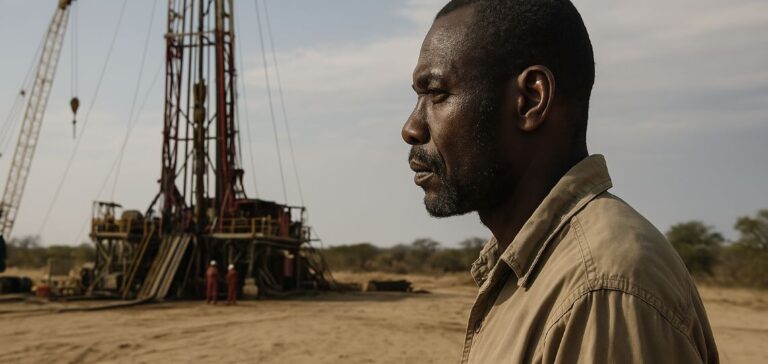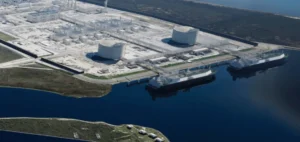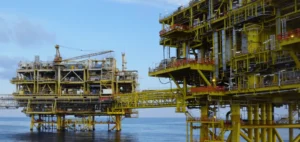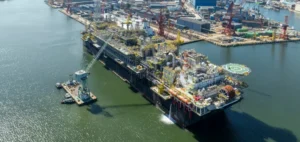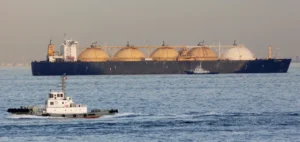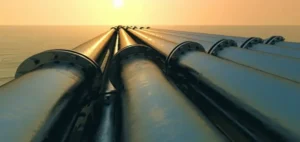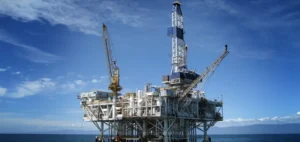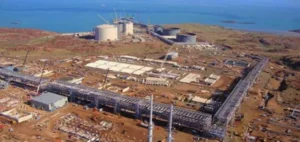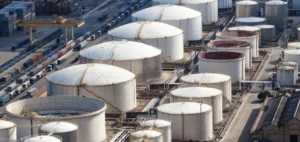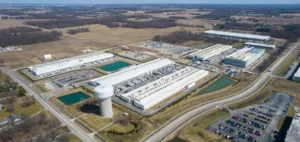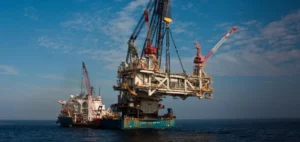Reconnaissance Energy Africa Ltd., listed on the stock exchanges of Toronto, Frankfurt, Namibia, and the United States, has issued an update on ongoing drilling operations at Prospect I, the largest site in its Namibian exploration programme. This onshore prospect lies within Petroleum Exploration Licence 073 (PEL73) and marks a significant phase in the company’s strategy to assess undiscovered resources in the Kavango Basin.
According to the latest prospective resources report from the independent firm Netherland, Sewell, & Associates Inc. (NSAI), Prospect I is targeting approximately 365 million barrels of light to medium unrisked oil resources and 32 million barrels of risked resources. These estimates are based on a 100% working interest held by ReconAfrica. The site is also estimated to contain up to 1.9 trillion cubic feet of unrisked natural gas and 140 billion cubic feet of risked gas resources.
Technical preparations ahead of drilling
The company confirmed that pre-construction activities at the site remain on schedule and that pre-drill assessments have been completed. The current drilling plan anticipates a target depth of 3,800 metres, with flexibility to reach greater depths if geological conditions permit, as demonstrated during the Naingopo exploration well.
The primary geological targets include the Otavi section, estimated to be between 1,500 and 1,800 metres thick. This formation showed favourable characteristics in previous operations, particularly at the Naingopo well, where over 50 metres of reservoir-quality carbonates were encountered, alongside indications of hydrocarbons.
Geological learnings and developments
Data collected from the Naingopo drilling effort has enabled refinement of the geological model for the Damara Fold Belt, a complex structure being targeted by ReconAfrica. Analysis improved understanding of time and depth migration patterns for the Mulden and Otavi layers, reinforcing the company’s broader exploration approach.
Brian Reinsborough, President and Chief Executive Officer of Reconnaissance Energy Africa Ltd., stated: “The results from the Naingopo well increased our confidence in the potential of Prospect I. We remain on track to spud the well this quarter.”

